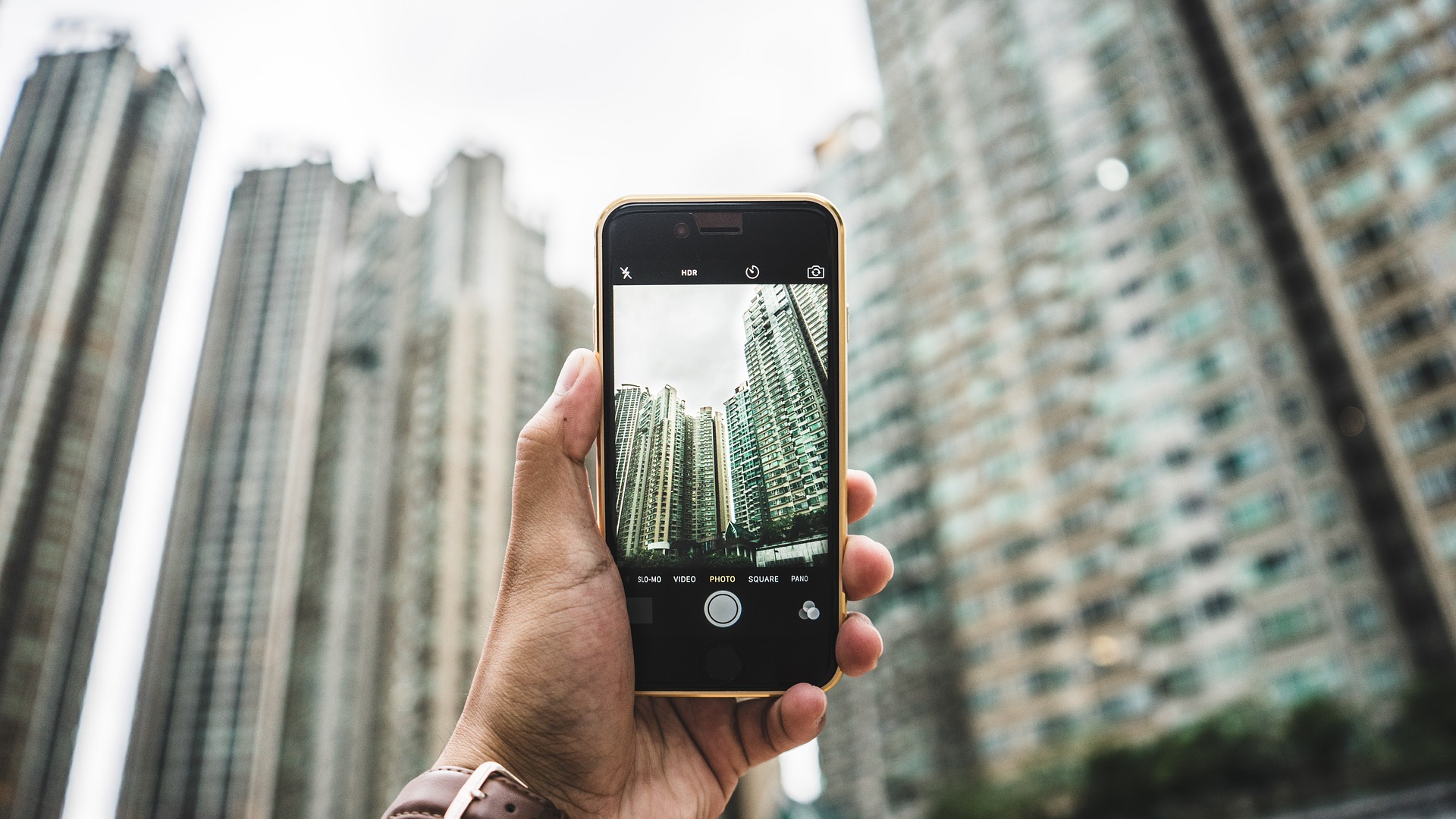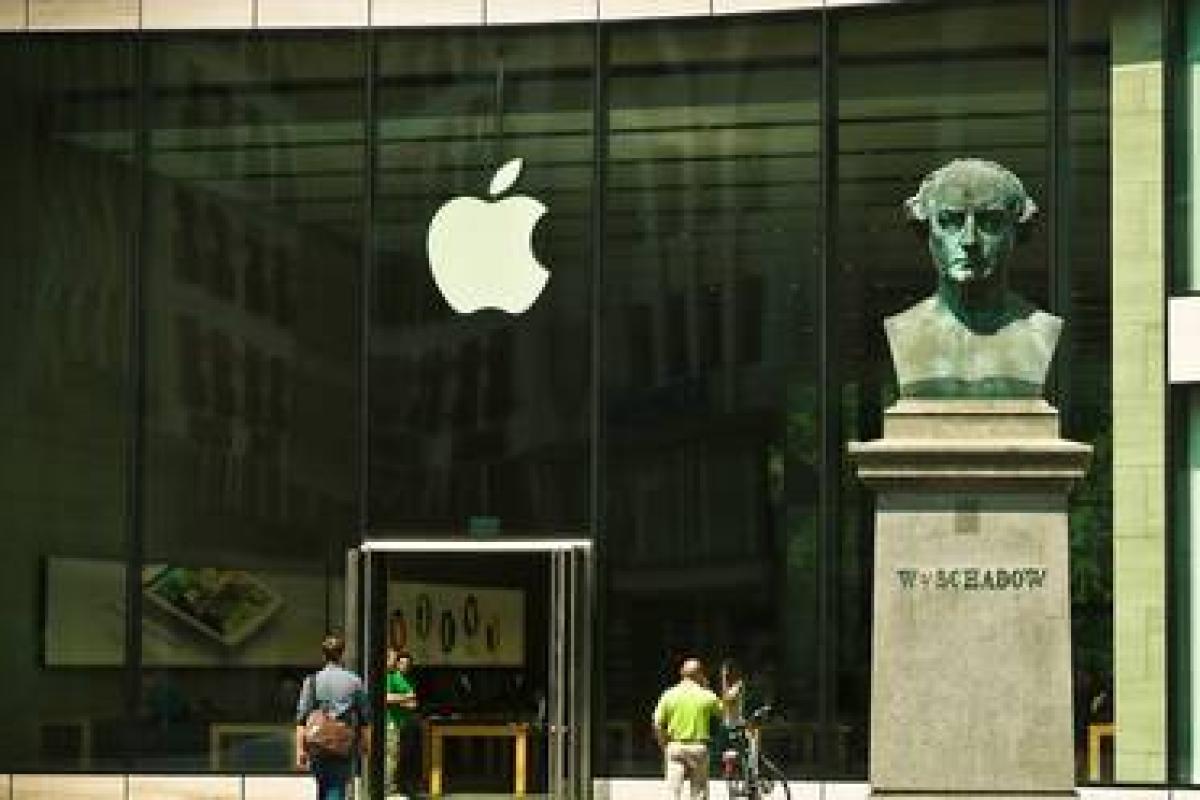Steve Jobs may no longer be with us but apparently the sense of invulnerability bestowed on Apple, by his so called “reality distortion” field”, still is.
Perhaps that’s why at yesterday’s keynote, 10th iPhone anniversary aside, Apple kicked off with a tribute to Jobs — to invoke that sense of the unquestionable majesty of each and every pronouncement. For there were some truly questionable ones made.
It easy to mock the little things — their ability to simultaneously claim a deep understanding of consumer’s unrealised needs one minute and the next force a consumer to behave in a singular way to enjoy the benefits of their “Herculean labours”. Soon to a Whole Foods queue near you, the pained miming of iPhone X fans as they struggle to face unlock their devices to pay for their artisanal Hotdogs…
Or the condescension of applauding Apple’s devoted followers as their peers in the revolution one minute and lecturing them that, “it is pronounced iPhone 10 not eX” the next.
Or their ability to take already deployed technology standards, wrap them in an apple brand name, and sell them as innovation. (Wireless charging pads nee “AirPower”, Nikola Tesla and I are looking at you.)
But they have gotten away with it, sales and company value show this incontrovertibly. Until now?
They have indeed built up enormous currency with their consumers. Apple is a case-study par excellence in value of brand. Anyone in the industry who has done work for them will trumpet it first and foremost in their credentials. Their 1984 advert, 1997’s Think Different, possibly something I’m forgetting from the two decades since, are true classics.

But yesterday they spent a lot of that currency in one oblivious move. As The Verge are currently trumpeting in a popular headline, “Apple calling its stores ‘town squares’ is a pretentious farce”. Yes, they will no longer be stores — but will now be ‘town squares’ — places to gather, learn, grow… (Presumedly to still shop — these expensive rebranding exercises don’t pay for themselves.)
Before we direct the blame exclusively toward Apple for this cynical move we must remember that things like this don’t happen out of nowhere — no matter what disruptor you let loose on your brand. This radical reinterpretation of the notion of public spaces, who owns them and the role they play in society, comes at the end of a decade in which brands have tried to redefine the very notion of “community”.
In 2017 we find brands explicitly calling their consumers, “our community” and employing “community managers” as unelected Orwellian shepherds to milk the value out of people who have merely indicated with a single-click that they “Like” a brand’s product or service.
Who elected these managers? What, other than a probably incidental purchase, do these “community members” have in common? Do they in anyway they see themselves as a community or are their connections exclusively upwards to the brand, not sideways to other “fans”? Does it matter, or is this merely brands misusing a word in their ever hyperbolic way?
In a world where public spaces are becoming increasingly privatised; when companies like Apple base their campuses in areas with massive homelessness problems, which they further exacerbate as their highly paid employees drive up house prices and gate off their housing “communities”. Yes in this world, calling followers a “community” or a store a “town hall” is no longer a matter of mere nomenclature.
The omnipresence of online platforms like Facebook, and global brands like Apple, mean their “interpretation” of community can become to be how we actually experience community. And the loss of real human connections is the potential outcome.
I joined the “information super highway” in the early ’90s. At this time the invention of ’60s lefties, odd to recall in today’s Libertarian techno-sphere, was trumpeted as a revolution that would unite people — bound not by geography but by interest. It would give minorities a way to unite and be empowered. It would create a new sense of… community.
Indeed it did. All well before Wired “invented” the banner ad and commercials started to intrude into digital spaces. I have kept one sad recollection from these halcyon days front and centre when I talk to brands about how they treat, and talk about, those who follow their online presence — a digital community is not a real community until it suffers its first interpersonal milestone, like a death.
Until the members spend more time talking about everything but the common interest that bought them together. Until they bond over their shared triumphs and defeats, over the inconsequential minutiae, of their everyday lives. Until then — it is just a place to chat about a shared fandom.
Neither followers nor brands should think they have a community to support them, unless they really do. To do so mistakes how loved your brand is, and how much support you have as an individual. One risks your bottom line, the other risks lives.
I met someone from my first real online community recently, half-a-world and 20 years away from when I last talked to them, and it reminded me again of the death of a fellow member of the IRC channel #rave (how I misspent my youth is now clear). Most of us in that community never partied in person with her, but how important our shared loved was and the connections it made, were solidified by her death. An experience that no brand can, or should, seek to duplicate.
So what then for brands, in a world where their relationship with consumers is inevitably digitally mediated?
First off, don’t pat yourself on the back for being “consumer centric” — you’re still thinking of humans based on their propensity to consume something you make, not in terms of their actual needs. Watch this great speech by Emmanuel Faber, CEO of Danone, if you want to see how a change in rhetoric away from “consumption” can transform a company’s agenda for good.
Secondly, stop thinking of your online “followers” as a community and being pleased with their digital proximity to you. Go out into their actual physical communities and do something for them. Helping, instead of just selling, isn’t just the right thing to do, it’s great for business. Apple have been evidence of this in the past, hopefully they’ll get past this current phase, and be it again.
Maybe then your brand will deserve even part of the adoration Apple, deservedly or not, receives from its fans.



